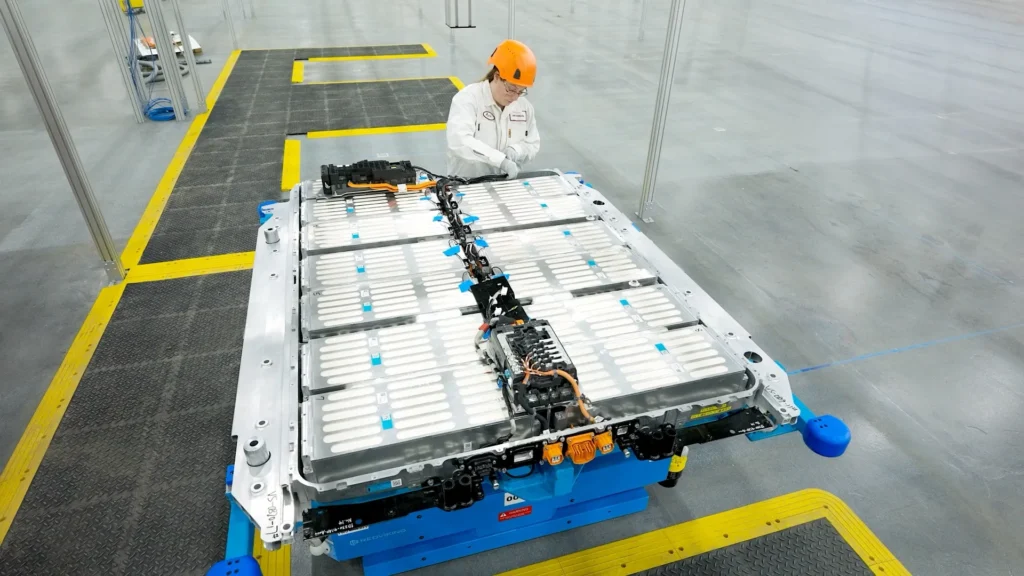Researchers in Norway are exploring innovative ways to enhance the durability of electric vehicle battery cells.
Through an EU-funded initiative involving various battery suppliers and researchers, the Norwegian University of Science and Technology (NTNU) recently announced their efforts to prolong battery lifespan and reduce the need for costly replacements (source).
The research team is delving into the realm of silicon-anode technology, which offers increased energy density and range but also presents challenges. Silicon anodes tend to expand and contract during the charging process, leading to potential degradation over time.
Sila Nanotechnologies Titan Silicon anode material
By incorporating additional graphite into the mix and developing a specialized electrolyte solution, researchers aim to safeguard both the cathode and anode components.
Furthermore, experiments involving binders and separators have shown promising results. Binders help maintain electrode structure in case of damage, while separators prevent short circuits by keeping the cathode and anode physically separated.

EV battery electrode binders for counteracting damage (Credit: NTNU)
In the context of cell-to-pack technology becoming prevalent in EVs, these advancements hold significant value in avoiding the replacement of entire battery packs due to isolated cell issues. Some automakers, like Ford, are exploring innovative approaches to replacing faulty battery modules while keeping the pack intact.
As the industry transitions towards solid-state cells, the effectiveness of strategies such as electrode binders in future battery technologies remains uncertain.

